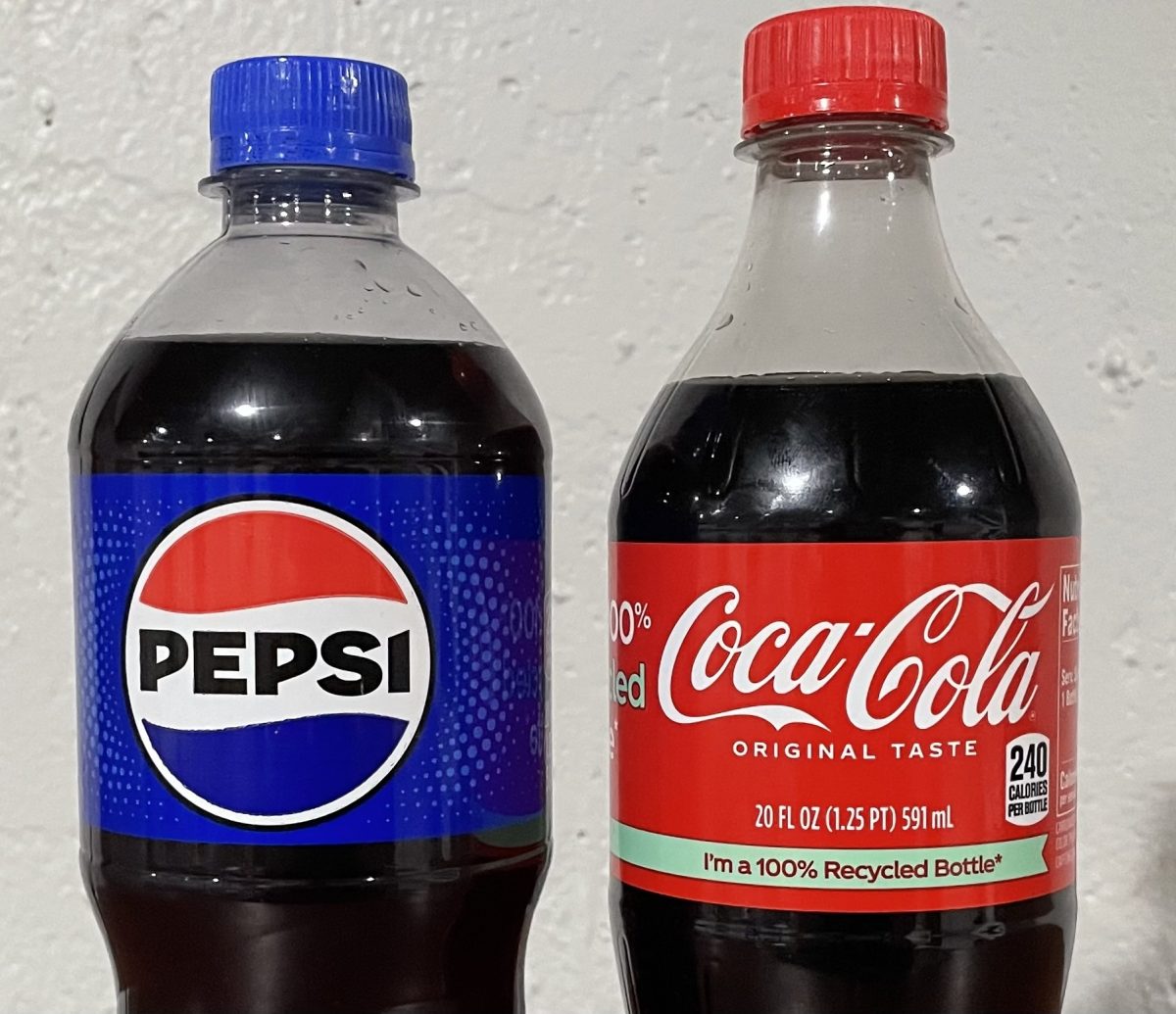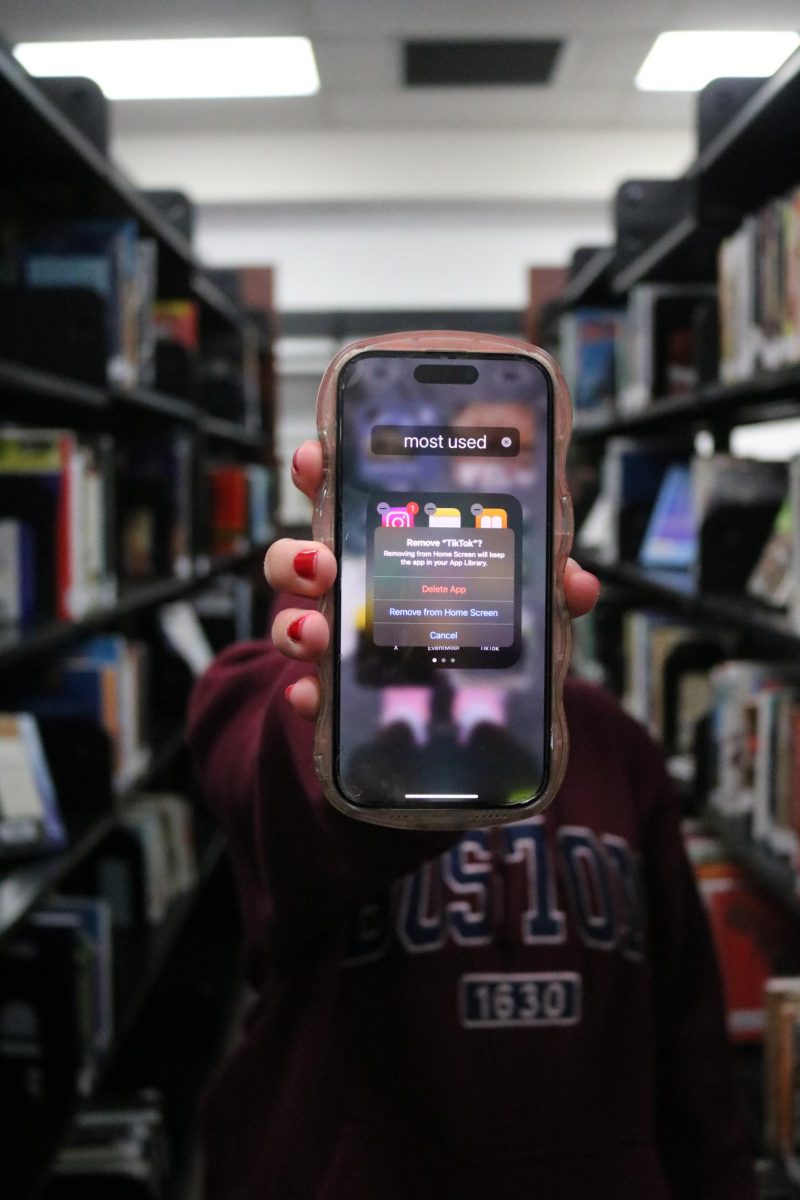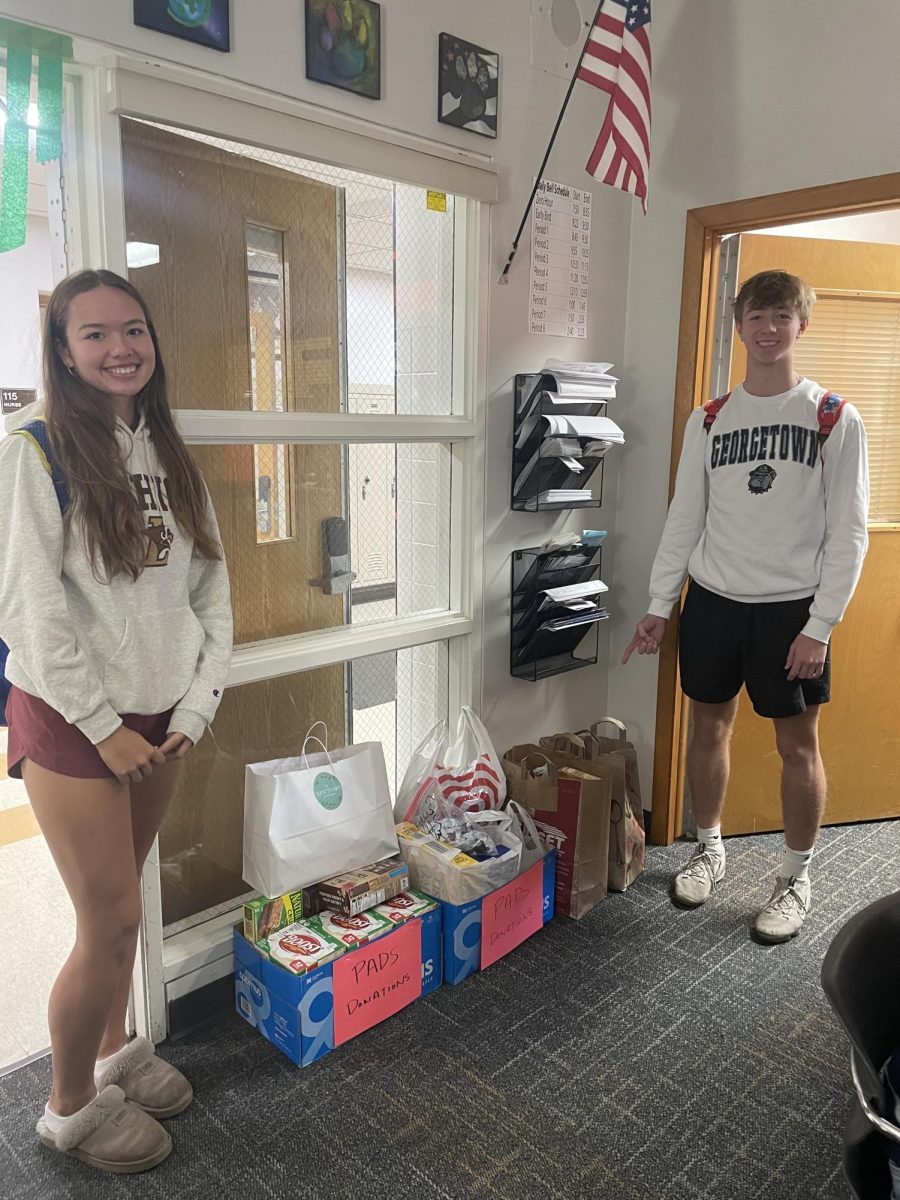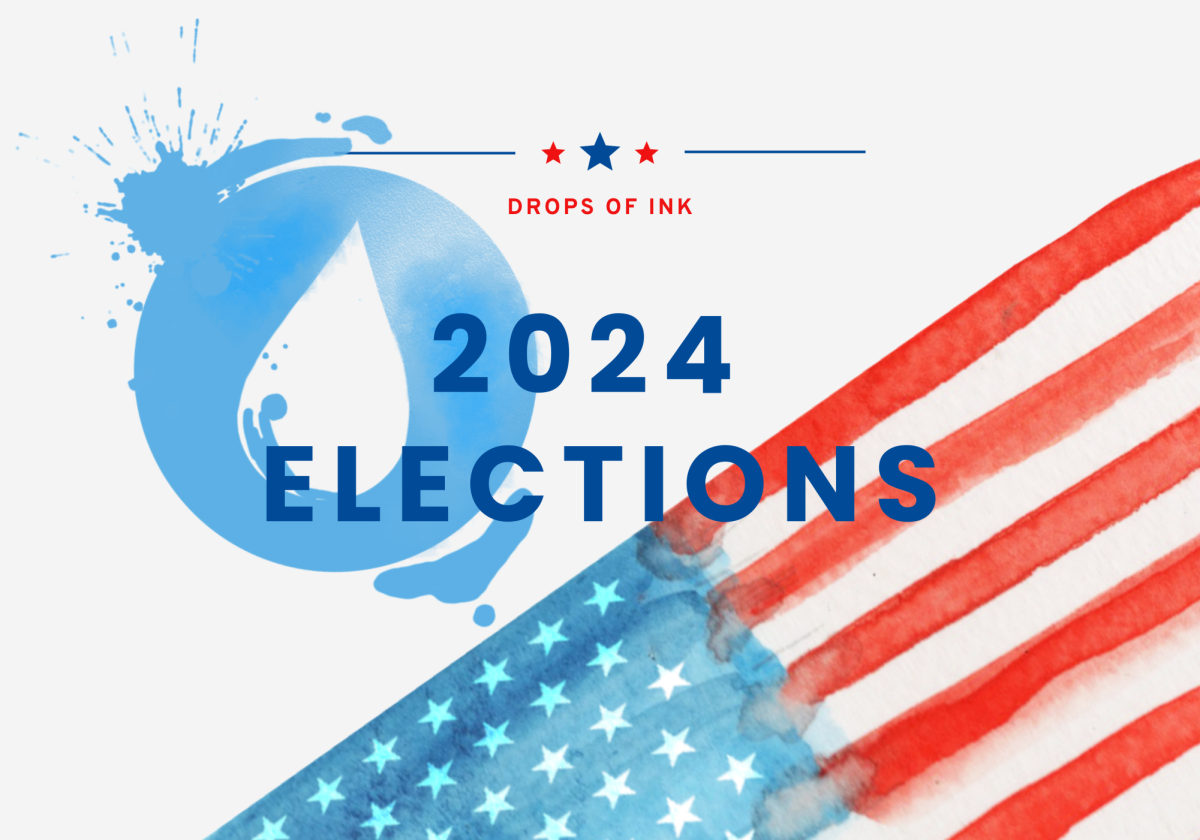Libertyville village attorneys are currently in the process of drafting a new ordinance that would make the consequences of social hosting more strict.
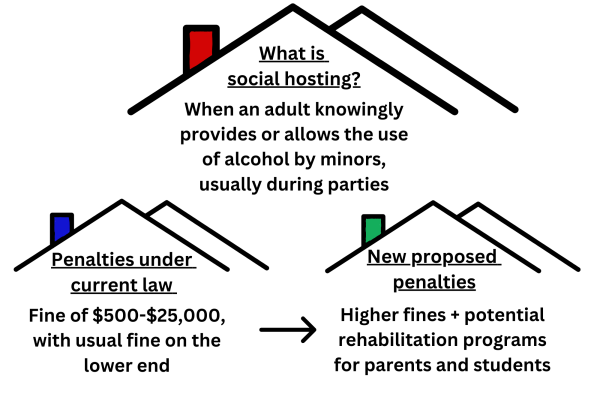
Social hosting is when an adult, such as a parent, knowingly provides or allows the use of alcohol by minors, most commonly during parties. Under the current law, those found guilty of social hosting can pay a fine of $500 to $25,000, though they rarely pay more than $500.
Surrounding communities such as Deerfield and Highland Park have recently put ordinances in place that increase fines and consequences in hopes to hold parents more accountable for underage drinking. Substance abuse prevention groups within Libertyville, such as Libertyville Connect, are trying to put in place a similar ordinance. The proposed consequences, other than a higher fine, are currently undecided.
The push for a new law began pre-COVID-19, following an accident involving an underage drunk driver in Deerfield, sparking the creation of harsher social hosting ordinances in surrounding areas. However, Libertyville’s efforts to put one in place were delayed by the pandemic, but recently have been put back in motion, as the need for one is still present.
“Before the holidays, I had a request from my chief and deputy chief to take a look at a couple of local ordinances that were passed,” Student resource officer, Wayne Kincaid said. “They asked me to put in what I would like [regarding a new social hosting ordinance for Libertyville] and highlight what I thought would be good.”
According to Officer Kincaid, the ordinance is currently with village attorneys, who are drafting it and working out the logistics.
According to the 2022 Illinois Youth survey, 40% of 10th grade students in Lake County who drank alcohol received said drinks from their parents, with 22% of them saying they received alcohol from another adult.
A new ordinance would seek to hold both parents and students more accountable for their actions, with harsher penalties, most notably a higher fine. Proponents for the ordinance also have suggested including mandatory rehabilitation programs for both parents and/or students, depending on the scenario.
Support for the ordinance is somewhat divisive, as many parents view participating in underage drinking as an acceptable social norm.
“Some parents believe it is socially acceptable [to social host].” Kincaid said “[They believe that] if they let their student have a party and let them have alcohol at the party, [the student] will be responsible.”
However, a problem arises when students are not responsible and something bad happens as a result of underage drinking, prompting the desire for greater fines.
“The majority of parents said it is not acceptable to host a party [with underage drinking],” Kincaid said.
Even with a new ordinance, holding adults accountable for social hosting is difficult, as every situation is different. If parents claim to not know about underage drinking on their property, and there is no evidence to state otherwise, they cannot be held criminally liable. However, there is a possibility for legal action if they are present during the party but not providing adequate supervision.
A social hosting ordinance would seek to make parents think twice before they allow their students to engage in risk behaviors, hopefully preventing major harm.



![Mr. Abullh Ali, manager/assistant, helps open Queen Yemeni Coffee in downtown Libertyville at 606 North Milwaukee Ave. With the help of employees such as manager and LHS senior Yousef Taha, they are able to bring the Yemeni and Ethiopian culture to Libertyville by using their Queen spices, cinnamon and cardamom in their drinks such as Adani Chai, which is inspired by Sheda, the Queen of Yemen and Ethiopia. “The history of our coffee [is] a long history and we believe that Yemen and Ethiopia started the coffee and we are bringing something unique to the community,” Mr. Ali said.](https://www.lhsdoi.com/wp-content/uploads/2025/04/Photo-1-1200x800.jpg)

